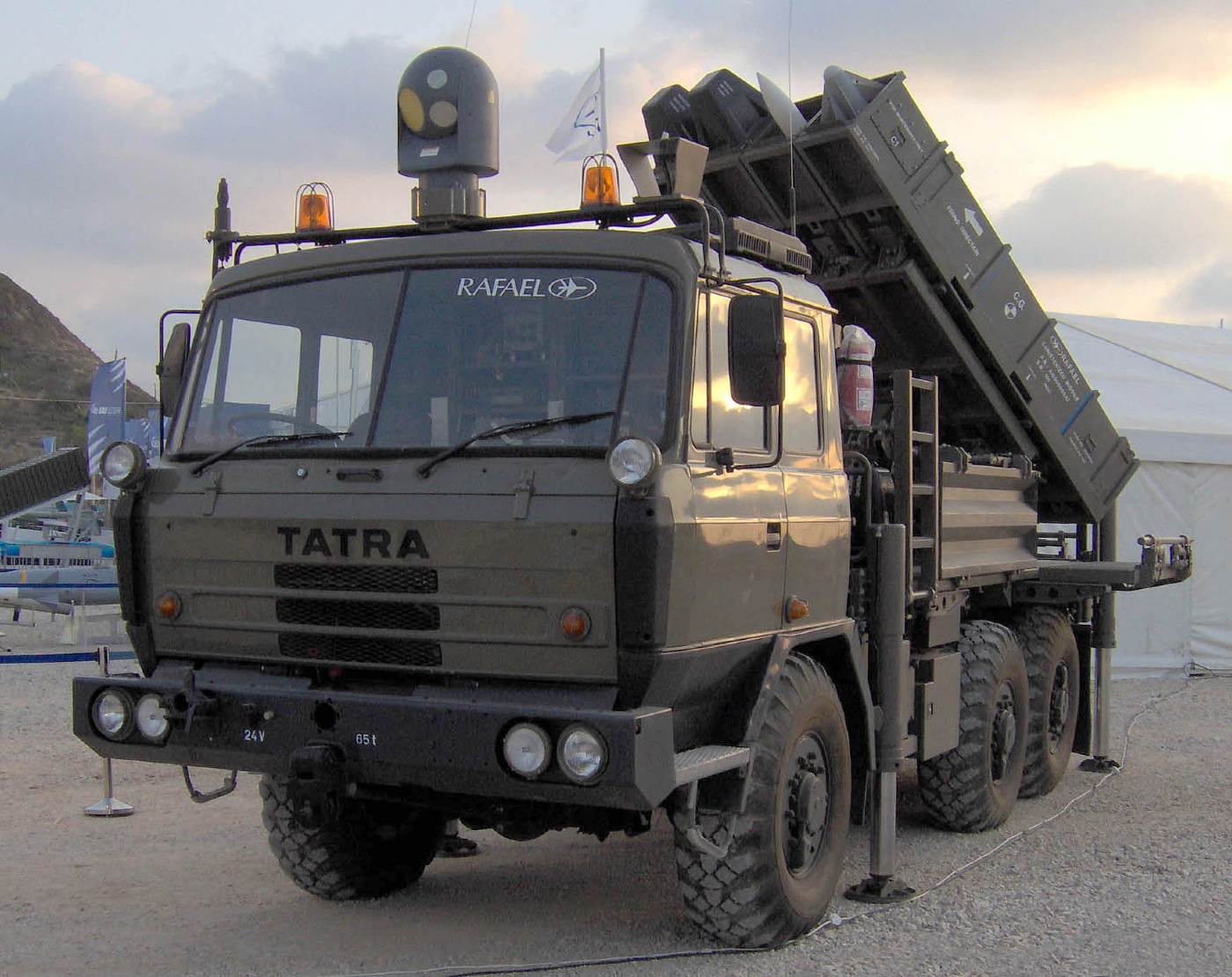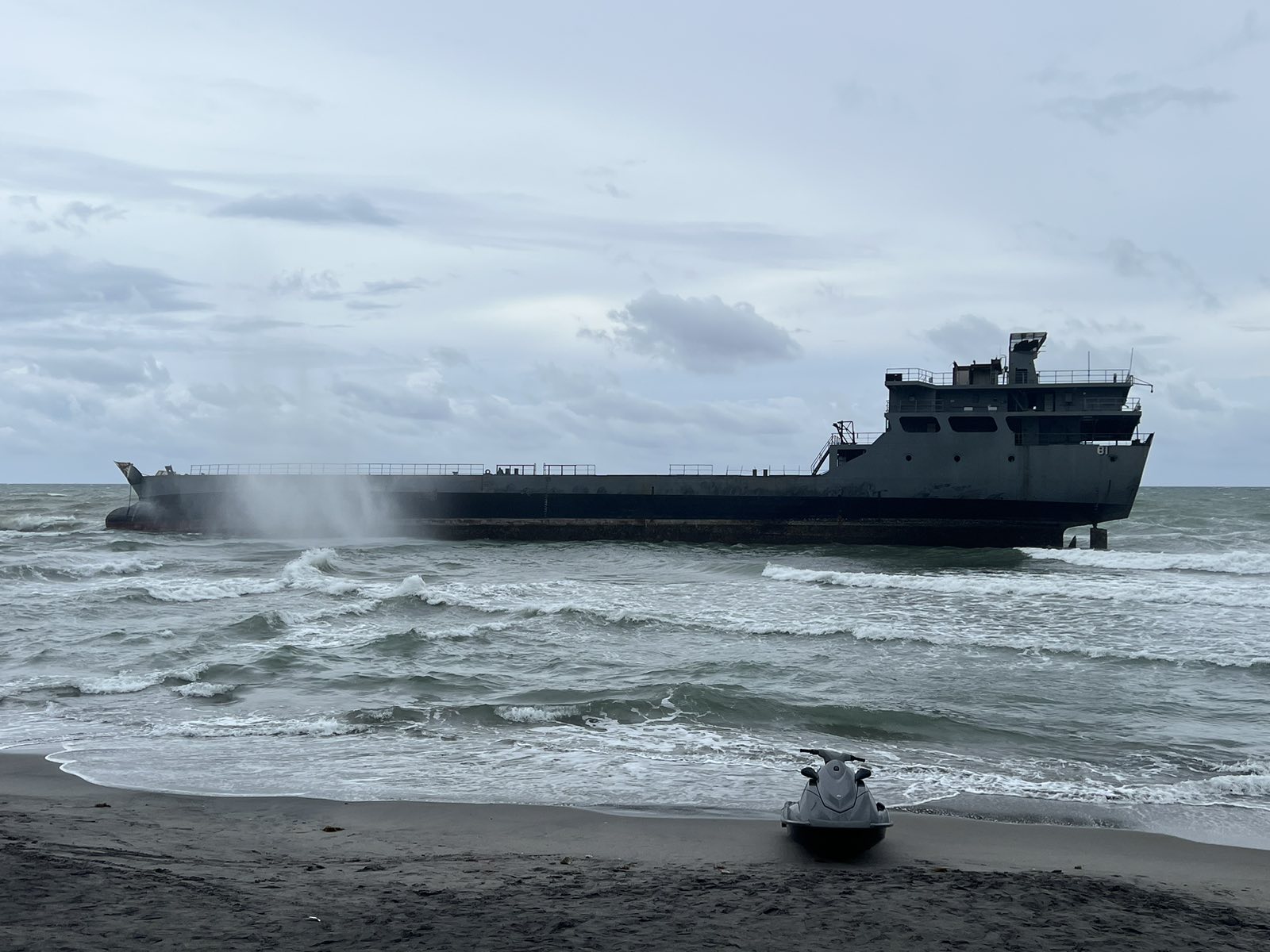The upcoming annual military exercise between the United States and the Philippines in Central Luzon will witness a major development, with the Israeli-made Spyder air defense system making its maiden appearance.
Colonel Michael Logico, the executive agent of Balikatan 2024, confirmed on March 5 that the Spyder (Surface-to-air Python and Derby) air defense missile system will feature prominently in the military exercise.
“We will also be conducting integrated air missile defense exercises in Central Luzon,” Logico stated during the regular Armed Forces of the Philippines (AFP) press conference.
These exercises will not only demonstrate the capabilities of the Spyder system but also test its interoperability with existing weapon systems. However, he refrained from divulging further details.
When questioned about the nature of the exercise, he stated, “It will be both live, virtual, and constructed.” Scheduled from April 22 to May 8, Balikatan 2024 will see various activities held across Central Luzon.
This year’s exercises aim to strengthen the long-standing military alliance between the Philippines and the United States while showcasing the capabilities of the newly acquired Spyder air defense missile system.
In its endeavor to modernize its armed forces, the Philippines ordered the Spyder system in 2019. The acquisition was made possible through a deal signed between the country’s Department of National Defense and Israel’s Ministry of Defense, alongside Rafael Advanced Defense Systems, for three Spyder batteries valued at P6.8 billion.
This acquisition falls under the Horizon 2 phase of the AFP modernization program. Two of the three Spyder missile batteries have already been delivered, with the third expected to arrive this year.
As the primary weapon of the Philippine Air Force’s (PAF) 960th Air and Missile Defense Group, the Spyder system is vital for safeguarding critical installations, land-based assets, and mobile platforms from a spectrum of aerial threats.
The Spyder system also excels in low-level, quick-reaction interception and can neutralize surveillance threats, thereby providing a comprehensive defense umbrella for Manila.
The Philippines, along with Singapore and Vietnam, stands as one of only three countries in Southeast Asia operating this advanced missile system.
US And Philippines Plan to Sink Another Mock Enemy Vessel
In addition to the maiden deployment of the Spyder air defense system, the annual war games between the Philippines and the United States will also include the sinking of a mock enemy ship for the second consecutive year.
Colonel Logico said that the sinking exercise will utilize a retired Philippine Navy ship, which has been out of commission since it ran aground last year.

The vessel, formerly known as BRP Lake Caliraya, was salvaged by an American contractor specifically for this exercise following its grounding off Bataan in July 2023.
The day before it ran aground, the vessel was scheduled to serve as a mock target for a bilateral marine exercise between Manila and Washington. However, the drills had to be canceled due to inclement weather.
During the previous Balikatan exercises in 2023, a decommissioned Philippine Navy corvette named BRP Pangasinan was sunk off the coast of San Antonio in Zambales, highlighting the intensity of the drills.

The sinking involved a coordinated barrage of firepower, including rocket launchers, shore- and ship-based artillery, helicopter attacks, and precision-guided bombs from fighter jets.
For the upcoming exercises, Logico announced that the sinking drills would be conducted in a yet-to-be-disclosed location, pending briefings with senior military officials.
The decision to proceed with such military exercises comes at a time when China’s coast guard has intensified its harassment of Philippine vessels around territory controlled by Manila in the South China Sea.
The Balikatan exercise is widely seen as a demonstration of the US military’s commitment to countering China’s assertive actions in the Indo-Pacific region.
Meanwhile, besides the AFP and the enlisted US military units, the upcoming “Balikatan” exercises for this year are also expected to feature the active participation of the Australian Defense Force and the French Navy.
Logico stated, “Aside from the participation of the United States forces from US INDOPACOM (Indo-Pacific Command), we are also going to be expecting the involvement of the Australian Defense Force and also the French Navy.”
The Philippines has extended an invitation to the Japanese Self-Defense Forces, but Japan has not confirmed its participation.
- Contact the author at ashishmichel(at)gmail.com
- Follow EurAsian Times on Google News




